Tag: tata-cornell
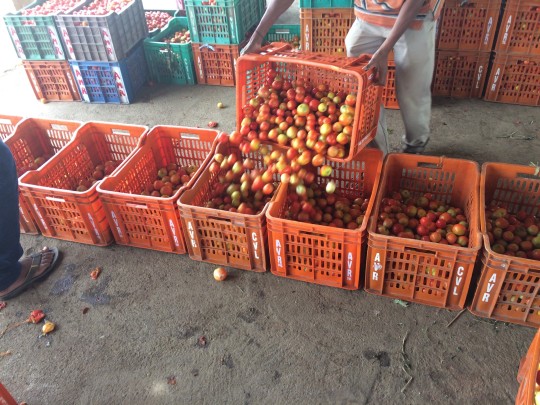
Interacting with value chain actors: What to do when your research subjects have work to do
Levels of food loss are product and value chain specific. An important first step in determining methods and metrics to evaluate food loss of perishables was to identify the product (or products) and map the value chains. The objective of…
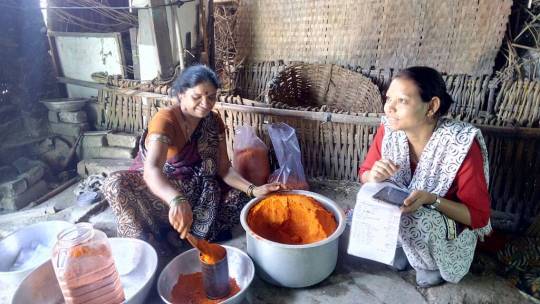
Collecting time use data: Accelerometers or survey methods?
How people spend their time can influence their health, nutrition, and income. However, accurately measuring time use can be very challenging. In this blog, Vidya S.R. Vemireddy, a PhD candidate in applied economics at the Tata-Cornell Institute for Agriculture and…

Antibiotic Resistance: Fighting a Multi-Headed Demon
The direct public health ramifications of antibiotic resistance are truly enormous, with estimated losses in hundreds of millions of lives and trillions of dollars, when accounting for prolonged illness, death, production losses and negative impacts on food security and livelihoods.…
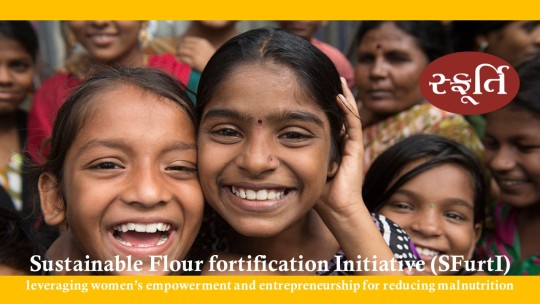
Fortification to tackle iron deficient anemia – Evidence from a community-based nutrition program in Gujarat
Iron-deficiency anemia (IDA) is one of the most frequent nutritional disorders, affecting up to 1.6 billion people worldwide [i]. Bioavailable iron is essential to synthesize hemoglobin, the oxygen-transporting protein. The shortage of iron depletes hemoglobin, resulting in various detrimental health…
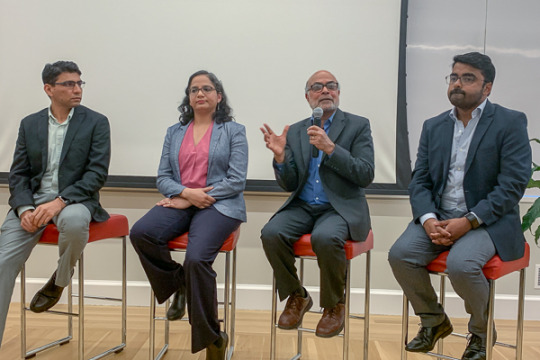
Tata-Cornell Institute’s co-authors launch new book on food systems in India
Co-authors from the Tata-Cornell Institute for Agriculture and Nutrition and the Dyson School have published a new book, Transforming Food Systems for a Rising India, as a reflection of the institute’s key intellectual results and research works undertaken within the…
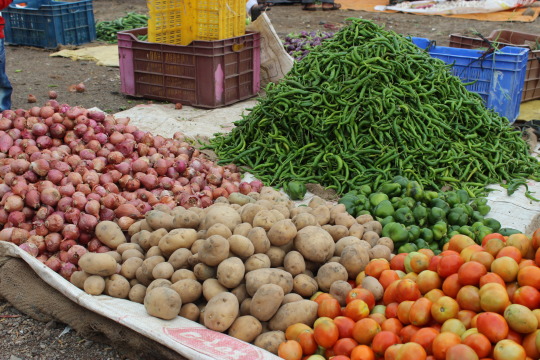
Op-Ed: We’ll Be What We Eat
With a five-fold increase in food grain production since 1947, India has moved away from its dependence on food aid to become a net food exporter. However, the country still shares a quarter of the global hunger burden.
By 2011,…
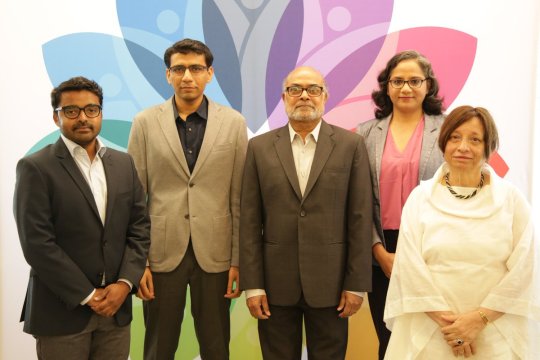
IFPRI book launch: Transforming food systems for a rising India
Despite broad economic progress, India continues to face persistent food insecurity, malnutrition, and high levels of stunting. This paradox is at the center of a new book by researchers at the Tata-Cornell Institute for Agriculture and Nutrition, Transforming Food Systems…

Aquaculture and fish-focused internship yield net gains
Summer internships offer students experiential learning opportunities “that enhance and complement their career goals and academic progress, while enriching their undergraduate experience with diverse cultural and international immersion.” The Tata-Cornell Institute, in collaboration with the CALS Global Fellows Program, has…
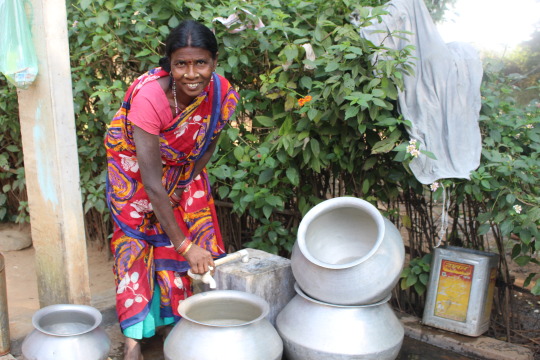
‘Clean Water’ – a podcast episode on what makes us human
This is an episode from the “What Makes Us Human?” podcast’s fourth season, “What Does Water Mean for Us Humans?” from Cornell University’s College of Arts & Sciences. Prof. Prabhu Pingali explains the impact of clean, piped-in water on women…

